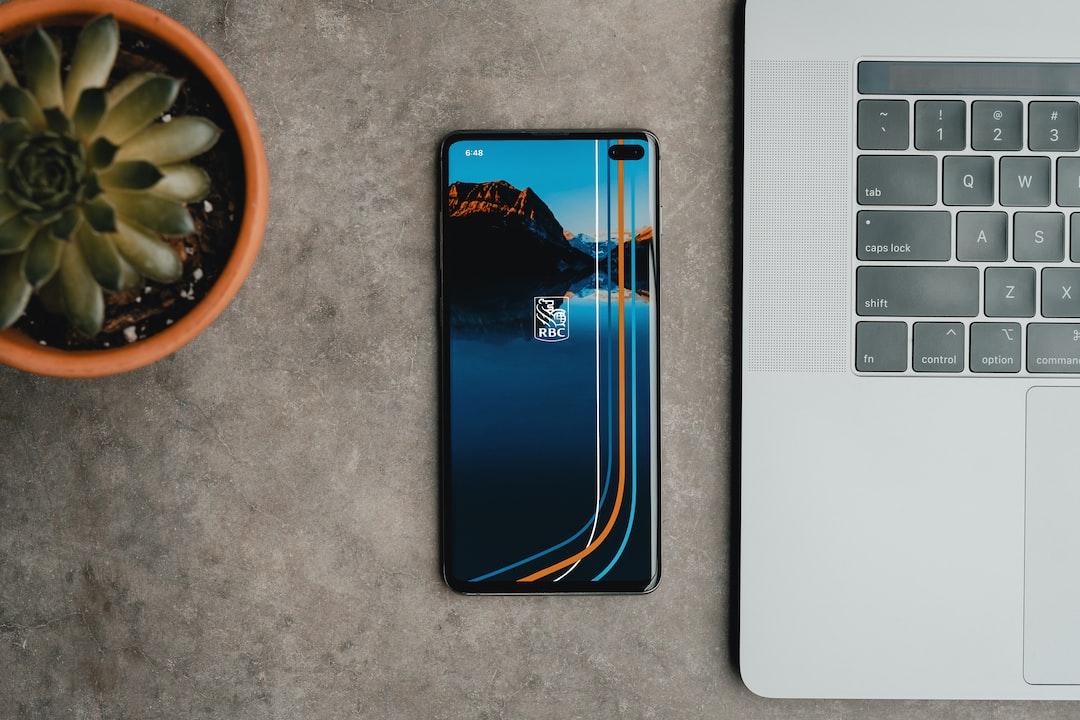Michael Dell, the founder and CEO of the American technology company Dell, recently shared his views on Bitcoin through a tweet. This tweet, commenting on the “value created by scarcity,” sparked a lively discussion among cryptocurrency enthusiasts.
The initial interaction started with a response from Michael Saylor, the founder of MicroStrategy and a well-known Bitcoin advocate. However, it was Michael Dell’s post about Bitcoin that ignited the passionate discussion among cryptocurrency enthusiasts. Since its establishment in 1984, Dell has evolved into one of the world’s largest personal computer suppliers.
On June 21st, Dell tweeted, “Scarcity creates value,” a phrase often associated with Bitcoin due to its limited supply of 21 million coins and increasing demand. His tweet quickly caught Michael Saylor’s attention, leading to further discussions.
Dell later shared an image featuring the Sesame Street character Cookie Monster, which may have been generated by artificial intelligence or edited with Photoshop. In the image, the blue furry creature is depicted chewing on Bitcoin instead of its usual chocolate chip cookies.
This image was interpreted as a hint that Dell, like Saylor, might be becoming interested in cryptocurrency. However, it is uncertain whether Dell will fully invest in Bitcoin like Saylor, whose company holds 22,6331 Bitcoins worth $15 billion. It is just a possibility.
In fact, Dell’s involvement with Bitcoin dates back to a decade ago when the company started accepting Bitcoin as a form of payment in July 2014. At that time, Dell was one of the largest e-commerce companies to adopt this strategy. By February 2015, after successful trials in the United States, Dell expanded its Bitcoin payment option to the United Kingdom and Canada. During this time, Dell also conducted promotions, offering a 10% discount on Alienware products for customers paying with Bitcoin.
However, the situation changed in 2017. Due to insufficient demand, Dell discontinued accepting Bitcoin payments, terminating its Bitcoin pilot program. Several well-known brands, including Steam, also stopped accepting Bitcoin at that time due to network congestion and high transaction fees. In 2018, Expedia also ceased directly accepting Bitcoin.
While conversing with Saylor, Michael Dell conducted a poll on X, asking the question, “What do you think will be the next major breakthrough in the tech field?” The options provided included quantum computing, artificial intelligence (AI), blockchain, and space technology. As of 1:09 PM Eastern Time, with 19 hours remaining, blockchain was leading the poll with 37.6% of the votes (13,406 votes). Considering the remaining time, the results could change significantly.
According to a recent filing, as of May 3rd, Dell’s balance sheet showed current assets of $34.6 billion, including $5.8 billion in cash and cash equivalents, with no mention of Bitcoin.
Joe Consorti, an analyst at the global macro research firm Bitcoin Layer, believes that companies like Dell could benefit from Bitcoin as they might generate additional cash with the emergence of cost-reducing AI technologies. He wrote that even holding a small portion of Bitcoin in their balance sheets, such as 1%, could give companies a significant advantage in competition.
For example, if Dell allocated 1% of its $58.3 billion cash reserve to Bitcoin, which amounts to $583 million, based on Bitcoin’s historical annualized return rate of approximately 103.5% over the past decade, this investment could grow to $1.187 billion in one year.
Related reports:
– MicroStrategy announces another $500 million Bitcoin purchase, stock price drops nearly 8%, BTC rally loses momentum?
– MicroStrategy adds another 12,000 Bitcoins! Can you make money by following MicroStrategy’s lead?
– Legendary investor Soros holds over $257 million worth of “MicroStrategy convertible bonds,” indirectly embracing Bitcoin.


